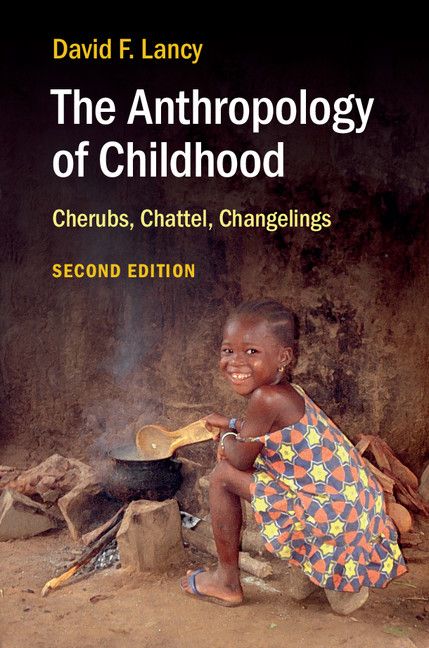

Most ebook files are in PDF format, so you can easily read them using various software such as Foxit Reader or directly on the Google Chrome browser.
Some ebook files are released by publishers in other formats such as .awz, .mobi, .epub, .fb2, etc. You may need to install specific software to read these formats on mobile/PC, such as Calibre.
Please read the tutorial at this link: https://ebookbell.com/faq
We offer FREE conversion to the popular formats you request; however, this may take some time. Therefore, right after payment, please email us, and we will try to provide the service as quickly as possible.
For some exceptional file formats or broken links (if any), please refrain from opening any disputes. Instead, email us first, and we will try to assist within a maximum of 6 hours.
EbookBell Team

4.7
96 reviewsLightweight version. Reduced from 5 MB to 3 MB by converting GIF images to JPEG where appropriate. Cleaned up book internals. -—bookfixer
The raising of children, their role in society, and the degree to which family and community is structured around them, varies quite significantly around the world. The Anthropology of Childhood provides the first comprehensive review of the literature on children from a distinctly anthropological perspective. Bringing together key evidence from cultural anthropology, history, and primate studies, it argues that our common understandings about children are narrowly culture-bound. Whereas dominant society views children as precious, innocent and preternaturally cute 'cherubs', Lancy introduces the reader to societies where children are viewed as unwanted, inconvenient 'changelings', or as desired but pragmatically commoditized 'chattels'. Looking in particular at family structure and reproduction, profiles of children's caretakers, their treatment at different ages, their play, work, schooling, and transition to adulthood, this volume provides a rich, interesting, and original portrait of children in past and contemporary cultures. A must-read for anyone interested in childhood.
In this comprehensive and delightful book, Lancy weaves his encyclopedic knowledge of the field of childhood across cultures into a series of thought-provoking essays that capture the wide range of children's experience around the world. As he interprets the cultural meanings that organize their daily lives, he simultaneously performs a comprehensive cultural analysis of middle-class American childhood and parenting. This book is unique in that it will be of great value to scholars and their students across the fields of anthropology, sociology, psychology, and education, but also of great interest to parents and policy makers who want to see themselves and others more clearly.'
—Suzanne Gaskins, Professor of Psychology
Northeastern Illinois University 'Through his expansive integration of the anthropological literature, Lancy has moved the field forward towards a holistic and unified perspective on children and childhood. I can think of no other work that at once exemplifies such depth and breadth. This visionary focus joins theoretical perspectives heretofore considered disparate in a synthetic framework that redefines the anthropology of childhood.'
—John Bock, Professor of Anthropology, California State University
'David Lancy has produced a finely nuanced, beautifully written and comprehensive account of children's lives and the meanings that adults give to childhood. Delightfully illustrated and drawing on insights from anthropology, psychology, sociology and history his book is essential for anyone interested in cross-cultural studies of childhood.'
—Dr Heather Montgomery, Senior Lecturer in Childhood Studies, The Open University
'Through his expansive integration of the anthropological literature, Lancy has moved the field forward towards a holistic and unified perspective on children and childhood. I can think of no other work that at once exemplifies such depth and breadth. This visionary focus joins theoretical perspectives heretofore considered disparate in a synthetic framework that redefines the anthropology of childhood.' Human Nature